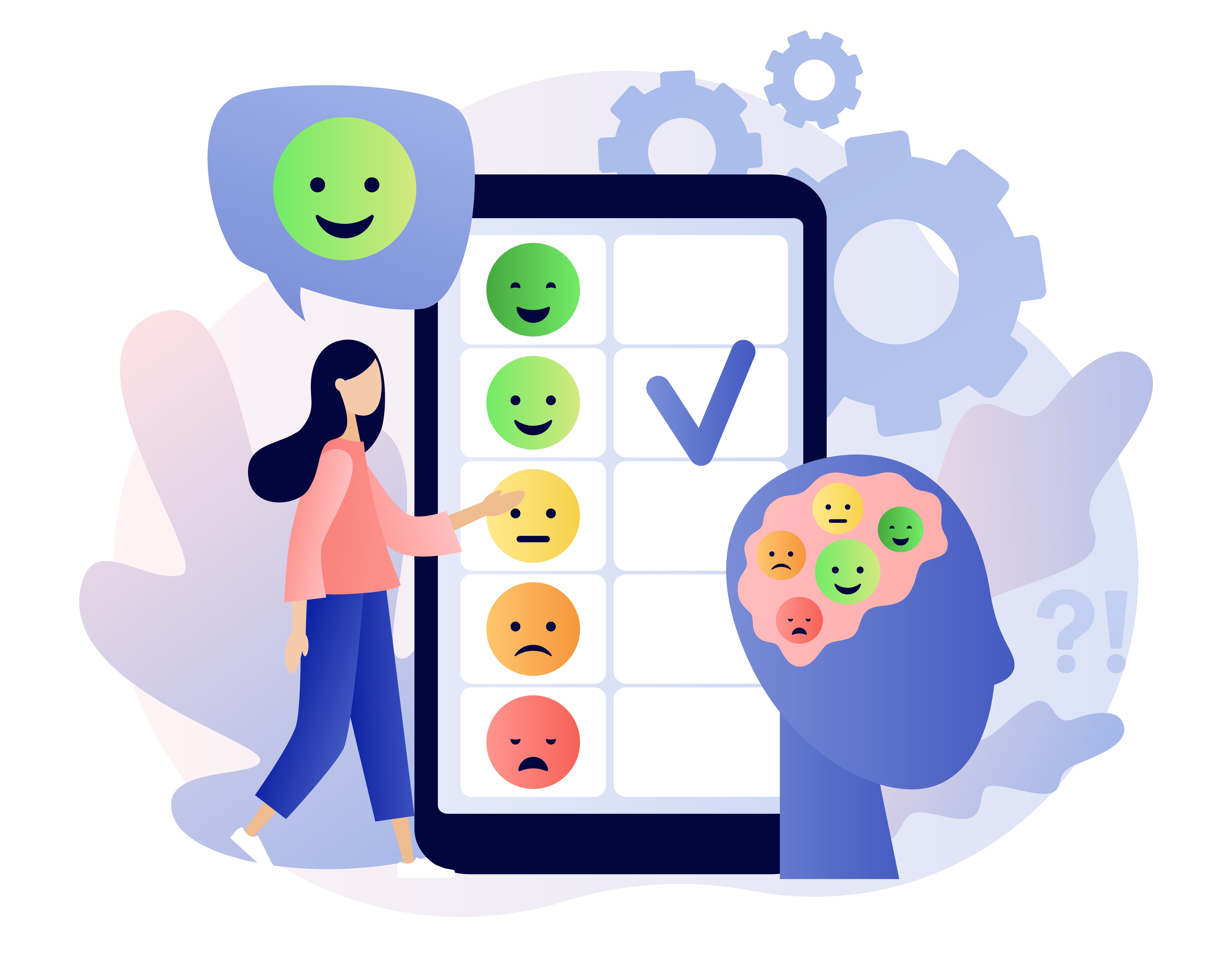
ADAA sits down with ADAA Members Emily E. Bernstein, PhD and Nicholas C. Jacobson, PhD to discuss what app-based therapies and the ongoing research in digital mental health.
If we are using an app, what does it mean for that app based therapy to be guided versus not guided?
When it's not guided, it's sort of like a self help book where you would download an app and go through the treatment from start to finish on your own. What it means for an app based therapy to be guided is a little more complicated. Most basically, it means that there's a live person involved in some way, trying to help you work through therapy and see better outcomes.







